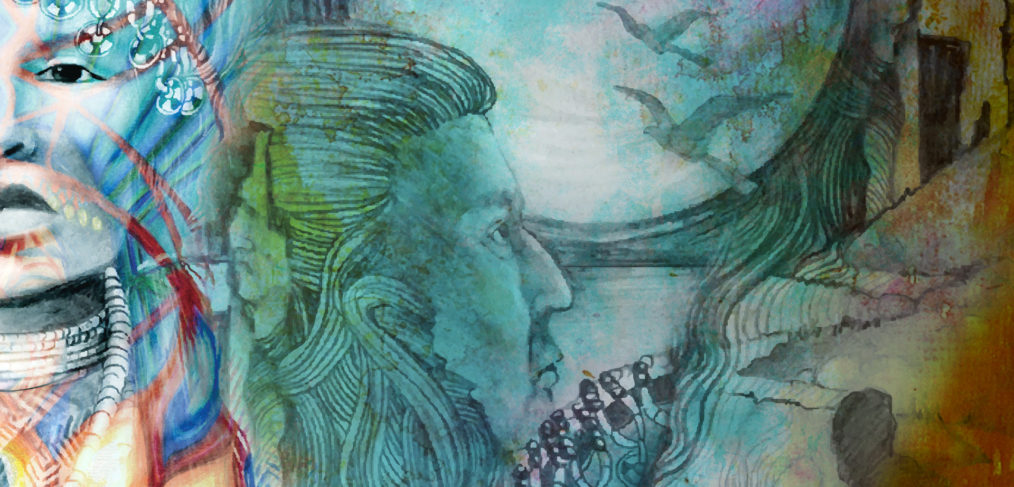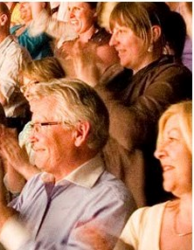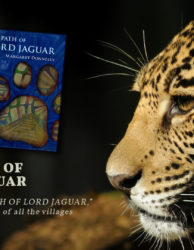
The Spirits of Venezuela
Have you ever caught a glimpse of something surprising, otherworldly or unexpected out of the corner of your eye, only to find nothing there when you turned to look? Have you ever had a dream that made you wonder if it was the “real” reality? Do you suspect there is more magic in this world than what you’ve discovered up to this point in your life? If you believe there just may be more to the story than what you already know, you may enjoy Margaret Donnelly’s “The Spirits of Venezuela” as much as I did.
A true spiritual adventure story about self-discovery and the revelation of supernatural secrets kept quiet by societal mores and expectations, Donnelly chronicles her journey to find her spiritual – not religious – path. A native Venezuelan who moved to the States as a teenager, Donnelly returns to her home country and finds a shaman, Simón, to teach her more about the unseen world beyond the veil. Simón’s teachings and rituals integrate native Indian, African and Catholic practices and represent a spiritual tradition that arose in Venezuela long ago due to the impressions of West African Yoruba slaves and Christian missionaries on the native Venezuelans’ spiritual beliefs.
Before Donnelly meets Simón and during her experiences with him, she encounters paranormal phenomena that leave her excited about but questioning the nature of this reality. A lawyer by day, she is a woman of intellect, education and logic. As her experiences begin to fall outside the boundaries of rational explanation, she is torn between enthusiasm and doubt. For example, she sees what she can only describe as a tornado inside of DFW airport. She has a hard time believing her own eyes, but she is propelled on a mission to learn more.
As her personal experiences lead her to embrace the intuitive, spiritual side of herself, she is able to apply what she has learned about traditional Venezuelan spiritual healing to inform a group of international doctors who are seeking to establish better medical care for the Venezuelan people. She is able to serve as a bridge between science and spirituality, empowering Venezuelans to initiate a model of healing that speaks to the wholeness of who they are.
“Spirits of Venezuela” is a story of personal empowerment that left me feeling inspired. Plus, the author’s encounters with spiritual phenomena helped me trust my own experiences, which I had previously questioned. It sparked me to delve deeper into my own spiritual practice, for which I am truly grateful.
Before reading this book, I didn’t know anything about Venezuelan spiritualism and little about the country’s culture, economy and geography. Filled with rich detail and exposition, Donnelly offers an excellent introduction to her home country in this work.
For these and other reasons, I highly recommend “Spirits of Venezuela.” When you read it, please let me know what you think!


